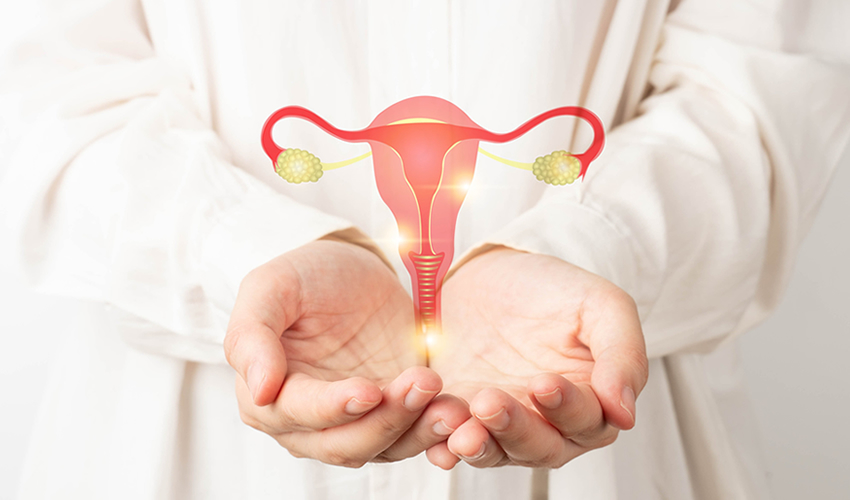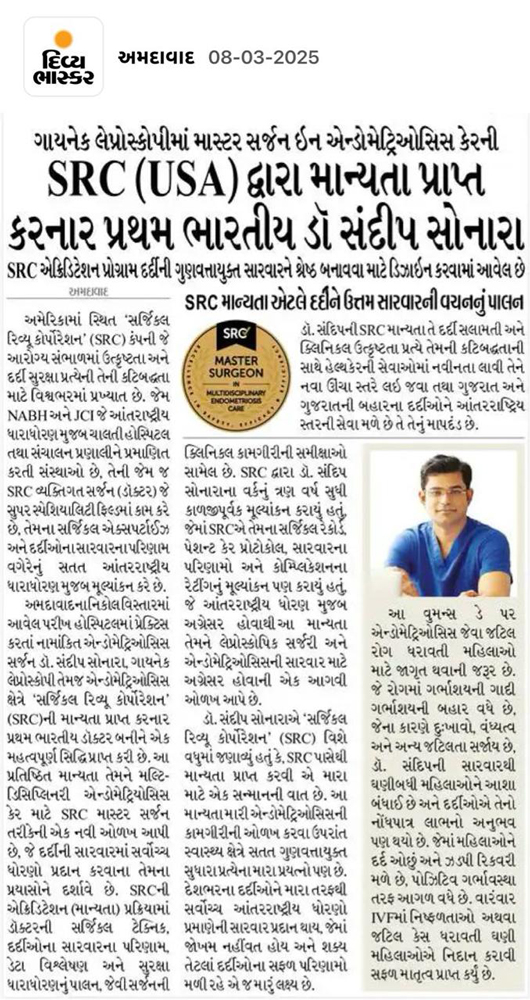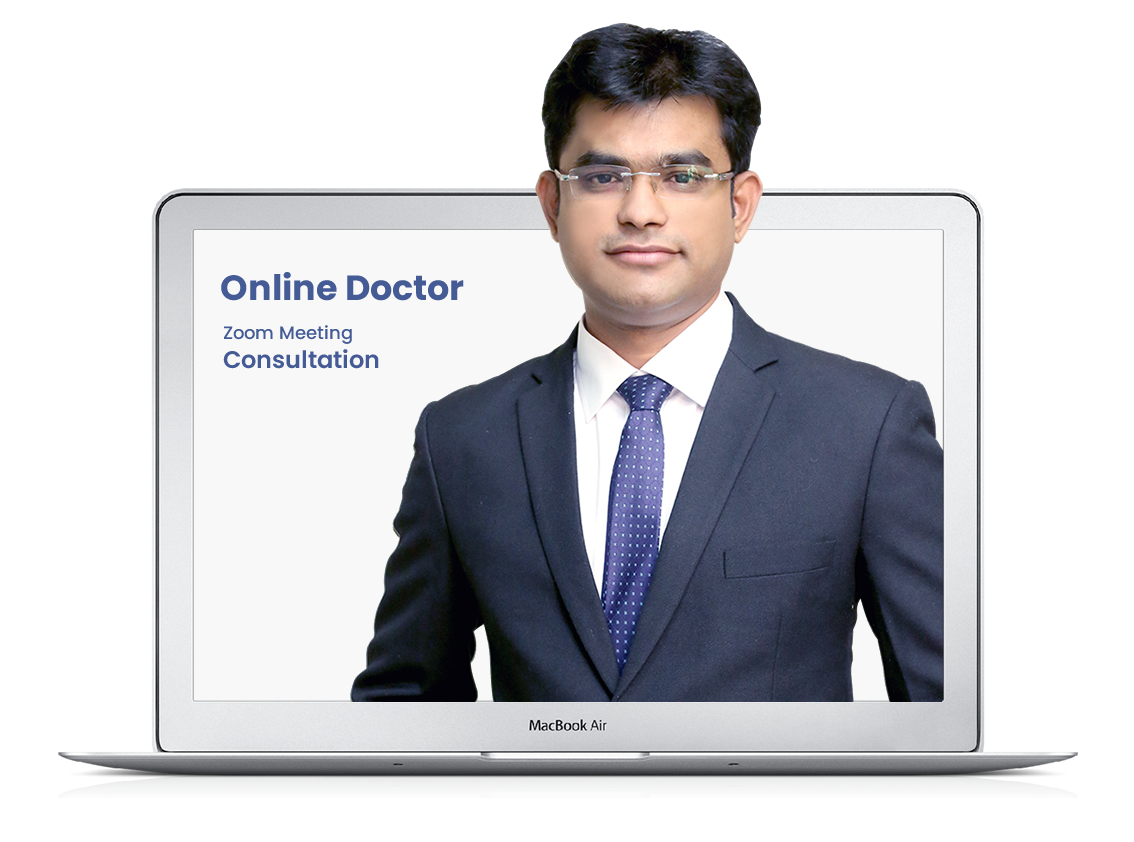

Misdiagnosis Alert: The Shortcomings of Imaging Tests in Detecting Endometriosis
“Endometriosis may make us feel down, but with awareness and support, we’ll rise up and conquer it like a menstrual cycle boss!”
The female reproductive system is complex and delicate, and women can be susceptible to a range of gynecological conditions. However, despite undergoing diagnostic tests, some women with endometriosis may not receive a diagnosis due to the lack of clear symptoms or limitations of current diagnostic tools. It’s important for women to be proactive about their reproductive health and to seek medical attention if they experience any symptoms or concerns.
Endometriosis is a painful and often debilitating condition that affects millions of women worldwide. Despite its prevalence, endometriosis is often misdiagnosed, leading to delayed treatment and worsening of symptoms. One of the biggest challenges in diagnosing endometriosis is the reliance on imaging tests, which can be unreliable in detecting the condition. In this blog, we’ll explore the reasons why these imaging tests can fall short in detecting endometriosis and the importance of a comprehensive approach to diagnosis.
The Shortcomings of Imaging Tests in detecting Endometriosis by Routine Gynecologists
Although routine gynecologists may perform MRI scans and pelvic ultrasounds, they may still miss the diagnosis of deep endometriosis due to a lack of knowledge or experience. Endometriosis is a complex condition, and not all gynecologists have the same level of expertise in diagnosing it.
In some cases, a routine gynecologist may miss the signs of deep endometriosis if there is absence of chocolate cyst on an imaging test and attribute the patient’s symptoms to another condition. Additionally, endometrial tissue can be small and difficult to detect on an ultrasound, leading to false negatives.
Imaging tests such as MRI and pelvic ultrasound are often used to diagnose endometriosis, but they can be limited in their accuracy. Some imaging tests may not be sensitive enough to pick up the presence of endometrial tissue outside the uterus, particularly in early stages of the disease.
These tests rely on visualizing the location and extent of the tissue, but the tissue associated with endometriosis is often too small or too deep to be seen. Additionally, the appearance of endometriosis on an MRI or pelvic ultrasound can be similar to other conditions, making it difficult to distinguish between them. Without proper experience in reporting this can result in a misdiagnosis, causing further suffering for the patient and delays in treatment.
Another issue with imaging tests is that they can only provide a snapshot of the current state of the tissue, but they cannot show the progression of the disease over time. This can lead to a misdiagnosis of mild endometriosis as severe, or vice versa, and can result in an incorrect treatment plan.
That’s why it’s important for women who suspect they may have endometriosis to seek out a specialist, such as a gynecologist who specializes in the treatment of endometriosis. These specialists have a deep understanding of the condition and are better equipped to diagnose it accurately, even when an imaging test comes back negative.
The Need for a Holistic Approach
Due to the limitations of MRI and pelvic ultrasound in detecting endometriosis by routine gynecologists, a holistic approach to diagnosing endometriosis is essential. This approach involves taking into account not just the results of imaging tests, but also the patient’s symptoms, medical history, and physical examination. A thorough medical evaluation can provide a more accurate diagnosis and help to ensure that the patient receives the appropriate treatment.
The definite way to diagnose endometriosis is through laparoscopic surgery, where a surgeon can visually inspect the pelvic cavity and remove any suspicious tissue for biopsy. This method is considered the gold standard for diagnosing endometriosis, as it provides a definitive answer. In many cases, a laparoscopy can provide a definitive diagnosis of endometriosis and may also be used to treat the condition through the removal of endometrial tissue or destruction of growths.
If you suspect you may have endometriosis, it’s important to seek out the best gynecologist in Ahmedabad. A skilled gynecologist can help you navigate the diagnostic process and determine the most appropriate course of treatment.
What should I Do?
In Gujarat, there are several highly regarded laparoscopic gynecologists who can diagnose and treat endometriosis. When seeking treatment for endometriosis, it’s crucial to find a doctor who is experienced in laparoscopic surgery and has a proven track record of success in diagnosing and treating the condition.
While imaging tests may be helpful in diagnosing endometriosis, they are not always reliable. If you suspect you may have endometriosis, it’s important to seek out the best gynecologist in Ahmedabad and the best laparoscopic gynecologist in Gujarat to ensure an accurate diagnosis and prompt treatment. Don’t let misdiagnosis hold you back from getting the care you deserve.
Meet our Specialist:
With a deep understanding of the latest surgical techniques and a commitment to patient-centered care, Dr. Sandip Sonara consistently delivers outstanding outcomes for his patients. Whether it’s a difficult case or an “impossible” situation, Dr. Sonara, the best laparoscopic gynaecologist in Gujarat, approaches every patient with compassion and a determination to provide the best possible care.
Recent Posts
-

High time to Say No to Delayed or Missed Diagnosis of Endometriosis
January 31, 2025
-

Know about Endometriosis and Quality of Eggs for Getting Pregnant
April 28, 2023
-

Complete Guidance on Endometriosis and Miscarriage
April 28, 2023
-

Get Best Tips for the Management of PCOS by Best Gynaecologist in Ahmedabad
April 28, 2023
-

The Hidden Battle: Understanding the Fertility Implications of Silent Endometriosis
February 28, 2023
-

Understanding Endometriosis and PCOS
February 20, 2023










